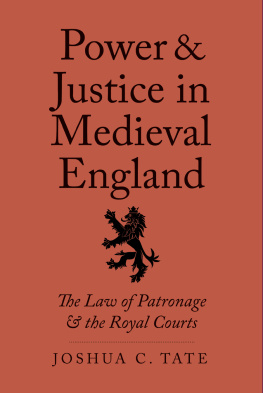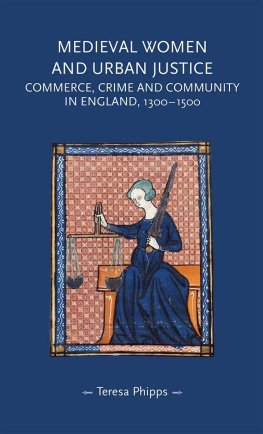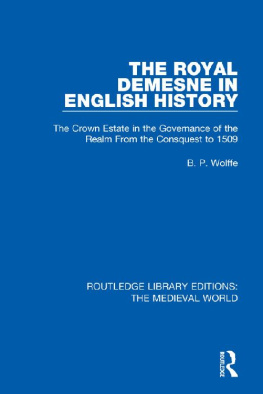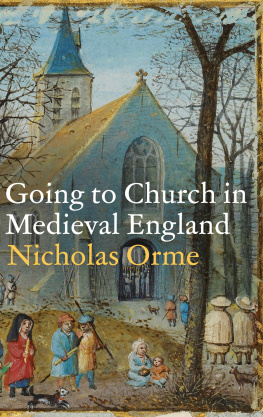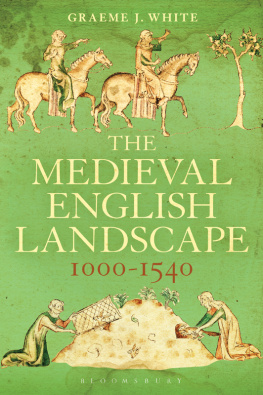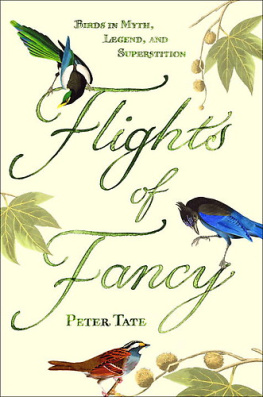YALE LAW LIBRARY SERIES
IN LEGAL HISTORY AND REFERENCE

Published with support from the Lillian Goldman Law Library, Yale Law School.
Copyright 2022 by Yale University.
All rights reserved.
This book may not be reproduced, in whole or in part, including illustrations, in any form (beyond that copying permitted by Sections 107 and 108 of the U.S. Copyright Law and except by reviewers for the public press), without written permission from the publishers.
Yale University Press books may be purchased in quantity for educational, business, or promotional use. For information, please email (U.K. office).
Set in MT Baskerville & MT Bulmer type by IDS Infotech Ltd., Chandigarh, India.
Printed in the United States of America.
Library of Congress Control Number: 2021944507
ISBN 978-0-300-16383-4 (hardcover: alk. paper)
A catalogue record for this book is available from the British Library.
This paper meets the requirements of ANSI/NISO
Z39.48-1992 (Permanence of Paper).
10 9 8 7 6 5 4 3 2 1
For Lisa
CONTENTS

ACKNOWLEDGMENTS

This book has been a long time in coming, and it has benefited from the support of many colleagues. Above all, I must thank Charles Donahue Jr., who first suggested that I look at the advowson writs and has been a mentor throughout my career, and Paul Brand, who has taught me more than anyone else about how to interpret the English plea rolls. I am most obliged to Robert Palmer for digitizing the royal court records through the AALT project and for helping me resolve some doubtful points in the rolls discussed herein. Susanne Brand, Harry Dondorp, Paul Freedman, Richard Helmholz, Jim Whitman, Anders Winroth, and the two anonymous reviewers who read my manuscript submission also provided important insight on certain points. I am grateful for the input of the scholars who attended my presentations at various conferences and workshops, including the British Legal History Conference, the International Congress of Medieval Canon Law, the SMU Law Faculty Forum, and multiple meetings of the American Society for Legal History. Greg Ivy and the staff of the Underwood Law Library have been very helpful in making sources available to me in the challenging circumstances of the COVID-19 pandemic.
also advances my work in Competing Institutions and Dispute Settlement in Medieval England, which was included in Law and Disputing in the Middle Ages: Proceedings of the Ninth Carlsberg Academy Conference on Medieval Legal History 2012, edited by Per Andersen, Kirsi Salonen, Helle Moller Sigh, and Helle Vogt. The book also builds on my individual contributions to two Festschrift volumes: Texts and Context in Legal History: Essays in Honor of Charles Donahue, edited by Sara McDougall, Anna di Robilant, and John Witte Jr.; and Studies in Canon Law and Common Law in Honor of R. H. Helmholz, edited by Troy L. Harris. I am grateful to the editors of these volumes for advancing my research.
I acknowledge with great appreciation the support of the Hctor Mairal Faculty Research Fund at SMU Dedman School of Law, the SMU University Research Fellowship, and the Lloyd M. Robbins Senior Research Fellowship at the University of California, Berkeley. I owe a debt of gratitude to TaLibra Ferguson, John Lowe, Becca Henley, Laurent Mayali, and others for helping me secure those opportunities. Bill Frucht, Karen Olson, and Ann-Marie Imbornoni at Yale University Press have been extremely helpful and patient as I have slowly worked toward completion, and I am also grateful to Mike OMalley (formerly of the press) for showing initial interest. Dr. Johann Tomaschek of the Stiftsbibliothek Admont kindly allowed me to obtain a reproduction of the Admont manuscript of Huguccios Summa decretorum from the Hill Museum and Manuscript Library; the British Library furnished a digital copy of the Hnel edition of Ulpianus de edendo; and the Lincolnshire Archives sent images of the register of Hugh of Wells. Those images, and one from the Norfolk Record Office, are used by permission. I am grateful to Bill Henry for his excellent copyediting and to Kate Mertes for her careful work preparing the index. Finally, I would like to thank my children Charles and Ellenand my wife, Lisa, to whom this book is dedicatedfor giving me good reasons to finish it.
ABBREVIATIONS

English Sources
AALT | The Anglo-American Legal Tradition: Documents from Medieval and Early Modern England from the National Archives in London (digital archive curated by Robert C. Palmer et al., http://aalt.law.uh.edu) |
BNB | Bractons Note Book |
Bracton | Bracton, On the Laws and Customs of England |
CRR | Curia Regis Rolls |
Glanvill | Glanvill, Treatise on the Laws and Customs of the Realm of England |
Lincs. | The Earliest Lincolnshire Assize Rolls, 12021209 |
PKJ | Pleas before the King or His Justices, 11981202 |
PRS | Publications of the Pipe Roll Society |
RCR | Rotuli Curiae Regis |
RHW | Rotuli Hugonis de Welles |
Staffs. | Staffordshire Suits Extracted from the Plea Rolls |
TNA | The National Archives (U.K.) |
VCH | Victoria History of the Counties of England |
Terms of Court
Hil. | Hilary Term |
Pas. | Easter Term |
Trin. | Trinity Term |
Mich. | Michaelmas Term |
Canon Law
C. | Causa |
c. | canon or capitulum |
COD | Conciliorum Oecumenicorum Decreta |
Comp. | Compilatio |
Conc. Lat. | Lateran Council |
D. | Distinctio |
PL | Patrologiae cursus completus, series latina |
q. | questio |
WH | Walther-Holtzmann-Katalog |
X. | Liber Extra (Gregorian Decretals) |
Roman Law
CJ | Code of Justinian |
Dig. | Digest of Justinian |
Inst. | Institutes of Justinian |
Lectura | Medieval English commentary to Justinians Institutes, in The Teaching of Roman Law in England around 1200 |
Next page
